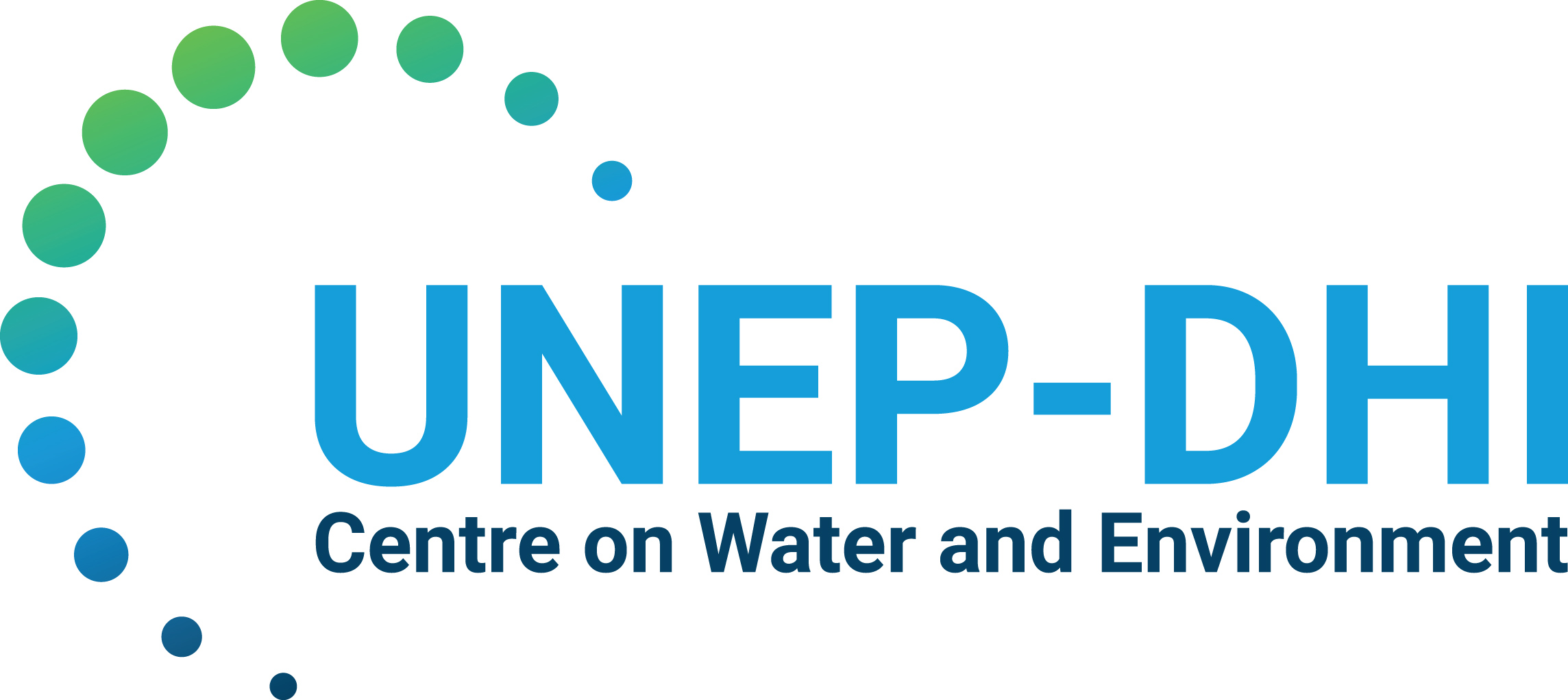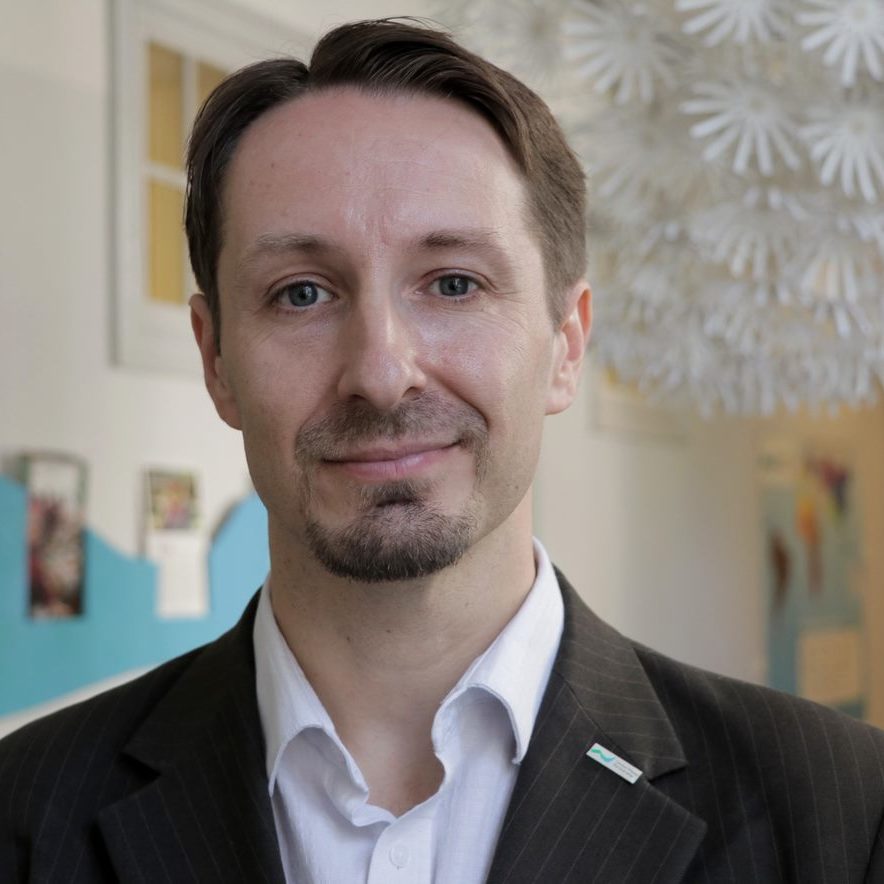


About this course
This course takes each participant primarily through a comprehensive training aimed at designing government-endorsed action plans to improve Integrated Water Resources Management (IWRM) implementation at the national level. From concept to implementation, this course provides in addition a clear guide and transferable project management expertise for the successful roll out of action planning activities under Stage 2 of the SDG 6 IWRM Support Programme.
From the definition of why having an IWRM Action Plan is important to the creation of a multi-stakeholder engagement process and the creation of a monitoring system for implementation of the actions, this training will offer you everything you need to design and implement a successful Action Plan.
Participants
Who should take this course?
This course is for those that are most involved in the making of national IWRM action plans:
- Civil servants in water-related ministries and agencies
- Representatives of global, regional, national, and sub-national organisations, including civil society and intergovernmental organisations, universities and professional associations, as well as individual consultants involved in supporting IWRM implementation.
Anyone can take the course, whether or not they are directly involved in the activities of the SDG 6 IWRM Support Programme.
Objective
Creating a national IWRM action plan considering diverse stakeholder input, while making it actionable is not an easy endeavour. Therefore, this course offers a step-by-step guide to help you make sure that you achieve your goals to provide this national roadmap for IWRM implementation in the most effective way possible.
Learning Goals
The goal of this course is to increase the capacity of participants to develop an IWRM Action Plan. At the end of this course, participants will:
- have a detailed understanding on the content and scope of an IWRM Action Plan;
- know how to collect and develop baseline material and a fully-fledged IWRM Action Plan;
- acquire a set of skills and methodologies to prepare and implement participatory consultation processes and instruments;
- be able to implement the necessary steps and instruments to enhance sustainability and take-up of the Action Plan.
Time Requirement
- Self-paced
- Approximately 3 hours per module (for a total of around 15 hours).
This estimate includes:
- watching the videos for each module;
- reading through the mandatory readings and selected recommended readings;
- being involved in group discussion on the platform and
- completing assessments.
It is possible to finish the course in around 8 hours (ca. 1.5 hours per module) if participants with advanced prior knowledge only watch the videos for each module, skim through mandatory readings and complete the assessments.
Course Approval Criteria
This course is customisable and self-paced. There is no pre-requisite to complete the previous module before continuing to the next. For certification, however, participants need to complete all modules and require 60% correct responses on average in the tests at the end of each module.
Discussion
Each module will have a discussion section. Here, participants will be able to ask questions, discuss interesting aspects of the module and connect with other participants from across the world. There is a discussion question for guidance, but participants are welcome to ask their own questions or start another conversation on the topic through the discussion feature.
Course Content
Course Content
The course is based on information prepared by the SDG 6 IWRM Support Programme (https://www.gwp.org/en/sdg6support/), specifically the IWRM Action Planning Framework (formerly called the IWRM Acceleration Package). It was developed by the Global Water Partnership’s Water Solutions for the SDGs team, in consultation with Cap-Net and UNEP-DHI Centre on Water and Environment.
Facilitators
Colin Herron
Global Coordinator, Water Solutions for SDGs
Colin Herron has over 20 years’ experience working on the cross-section between water issues and environment and climate change challenges. He leads the Global Water Partnership's (GWP) Water Solutions for the Sustainable Development Goals (WS4SDGs) programme, supporting countries to mainstream Integrated Water Resources Management (IWRM) in their development objectives, through monitoring, planning and implementation of actions that boost progress on SDG 6.5.
Sandra Brühlmann
SDG 6 Programme Associate
Sandra is an international water expert and currently supports implementation of the SDG 6 IWRM Support Programme, which assists governments in designing and implementing country-led responses to SDG indicator 6.5.1, the degree of implementation of integrated water resources management (IWRM).
Further, we would like to thank the following experts for co-facilitating modules of the course: Maija Bertule, Paul Glennie, Lisbet Rhiannon Hansen (all UNEP-DHI), Liza Debevec, Louise Desrainy, Elisa Gaudermann, Shamiso Kumbirai, Sara Oppenheimer, Jacques Rey, Darío Soto-Abril, Petr Vesnovskii (all GWP), as well as representatives from countries and Country Water Partnerships (CWPs) for sharing valuable insights and lessons learned in the case studies.
Course Partners
Cap-Net is a global network for capacity development in sustainable water management within the Sida Global Water and Oceans Governance Support Programme. Cap-Net assists partners in formulating, coordinating, and implementing water governance reforms by providing necessary policy, advice and technical assistance, knowledge and capacity development.
Global Water Partnership (GWP)
GWP is a global action network with over 3,000 Partner organisations in 179 countries. GWP's action network provides knowledge and builds capacity to improve water management at all levels: global, regional, national and local. Its networking approach provides a mechanism for coordinated action and adds value to the work of many other key development partners.
The UNEP-DHI Centre on Water and Environment is a United Nations Environment Programme (UNEP) centre of expertise, dedicated to improving the management, development and use of freshwater resources from the local to the global level. UNEP-DHI Centre has been in operation since 1996 and has been co-funded by UNEP, Danida and DHI since 2001.
Contact us
For any questions on the contents of the course or on the SDG 6 IWRM Support Programme, please write to sdg6iwrmsp@gwp.org. For any general questions on SDG 6.5.1, please write to iwrmsdg651@un.org.
![]() Language: English.
Language: English.
![]() Structure: 5 modules.
Structure: 5 modules.
![]() Level: Introductory.
Level: Introductory.
![]() Content: readings, videos, forums.
Content: readings, videos, forums.
![]() Time: 15 hours.
Time: 15 hours.
![]() Total time dedication: 5 weeks.
Total time dedication: 5 weeks.
![]() Institutions: Cap-Net, Global Water Partnership, UNEP-DHI
Institutions: Cap-Net, Global Water Partnership, UNEP-DHI
![]() Certification: upon approval of quizzes at the end of each module.
Certification: upon approval of quizzes at the end of each module.

